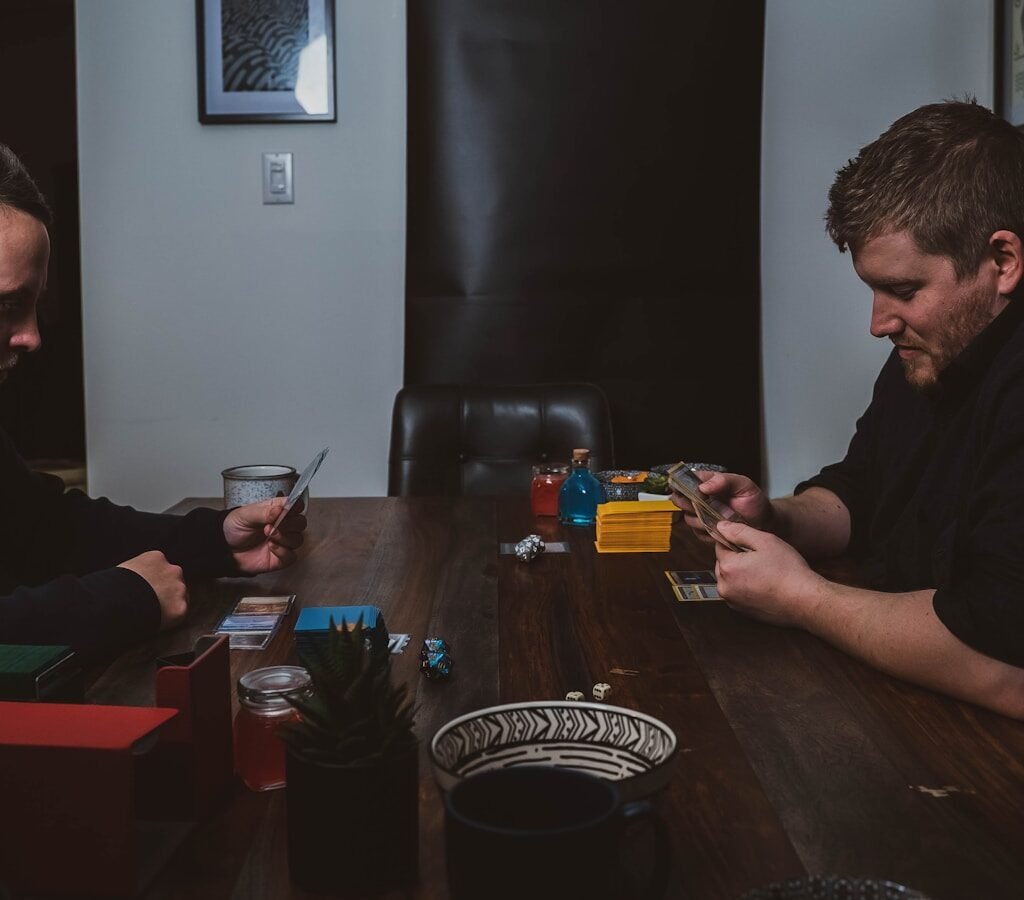Living with bipolar disorder is not just about managing extreme mood shifts. It is about finding emotional balance in everyday routines—through stability, self-awareness, and strong support systems. Each day can bring challenges, but it can also offer moments of clarity, strength, and progress.
If you are navigating this journey yourself or supporting a loved one, know this: you are not alone, and effective daily management is absolutely possible.
Understanding Bipolar Disorder in Daily Life
Bipolar disorder is a mental health condition marked by dramatic changes in mood, energy, and activity levels. According to the National Institute of Mental Health, people living with bipolar disorder experience episodes of mania (highs) and depression (lows), each of which can deeply impact sleep, judgment, and relationships.
Daily life with bipolar disorder is not only about reacting to episodes—it is also about preventing them. Learning how to recognize early warning signs, develop structured routines, and care for your emotional health is essential to living well.
Build and Maintain a Consistent Daily Routine
Consistency may seem simple, but it plays a powerful role in regulating mood and energy levels. According to VA/DoD Clinical Practice Guidelines, establishing regular sleep and activity schedules can reduce the risk of both manic and depressive episodes.
Here is what consistency can look like in practice:
- Wake up and go to bed at the same time each day
- Eat regular, balanced meals
- Plan your daily tasks with buffer time for rest
- Avoid overstimulation or overcommitment
Routines provide psychological anchors. When everything feels unpredictable inside, predictability outside can be grounding.

Track Your Mood and Identify Patterns
Many people with bipolar disorder find it helpful to track their emotions, energy, sleep, and triggers. This self-monitoring process helps to detect early signs of an oncoming mood episode and allows time to adjust or seek support.
Mind UK recommends using a daily mood chart or app to keep a record of fluctuations and lifestyle factors. Over time, you may notice patterns such as:
- Mood drops after poor sleep
- Increased irritability before high-energy periods
- Triggers from certain social situations or foods
Early insight can mean early intervention—and fewer disruptions to your life.
Prioritize Medication Adherence and Medical Support
Bipolar disorder often requires long-term pharmacological treatment. Staying on your prescribed medications—even during periods of wellness—is essential. Skipping doses can lead to destabilization, even if you feel fine in the moment.
The British Medical Journal’s clinical review highlights that ongoing communication with your healthcare team can significantly reduce relapse rates. If you experience side effects, discuss them rather than stopping your medication abruptly.
Remember, managing bipolar disorder is not a test of willpower. It is a health condition that needs structured, consistent treatment.
Create a Strong Emotional Support Network
You do not have to manage bipolar disorder alone. Building a compassionate and dependable support network can reduce isolation, increase accountability, and improve overall well-being.
Try including:
- A trusted therapist or counselor
- Close friends or family members who understand your condition
- A support group or online community
Support can also come from stories that reflect your experience. In A Journey Through Shadows Of Depression, a writer shares the emotional toll of living with chronic depression—an experience that mirrors the lows many with bipolar disorder face. The post is a powerful reminder of the strength in vulnerability.

Learn Healthy Coping Skills for Stress
Stress is one of the most common triggers for bipolar episodes. That is why learning how to cope with stress—not just manage it—is crucial.
According to Healthline, coping strategies that support long-term stability include:
- Mindfulness or meditation
- Journaling or creative outlets
- Gentle physical exercise like yoga or walking
- Limiting alcohol, caffeine, and recreational drug use
It is not just about what you avoid—it is also about what you add. A balanced emotional diet includes peace, rest, and pleasure, too.
Know Your Triggers—and What to Do About Them
Every person with bipolar disorder has unique emotional and environmental triggers. They may include lack of sleep, seasonal changes, high-stress situations, or overstimulation.
To stay ahead of an episode:
- Keep a list of known triggers
- Share it with close contacts
- Develop a response plan with your therapist
- Practice self-compassion if you slip—it is part of recovery
The National Institute of Mental Health stresses the importance of recognizing warning signs early and having a written crisis plan. Your plan should include contacts, medications, and preferences should you need urgent help.
Focus on Emotional Resilience, Not Perfection
There will be days when you feel like you are starting from scratch. That is normal. Daily management of bipolar disorder is not about perfection. It is about staying committed to your emotional well-being, even when the path gets rocky.
Build emotional resilience by:
- Celebrating small wins
- Forgiving setbacks quickly
- Surrounding yourself with affirming people
- Giving yourself permission to rest
Bipolar disorder may be a lifelong condition, but it does not have to define every part of your life. With the right strategies, tools, and support, you can live with both stability and meaning.
Final Thoughts
Managing bipolar disorder in daily life is a continuous act of self-awareness, courage, and care. It is not easy, but it is possible—and absolutely worth it.
By establishing routines, understanding your patterns, building supportive relationships, and caring deeply for your mind, you take back agency over your story.
There is help. There is hope. And there is healing.



Add a Comment